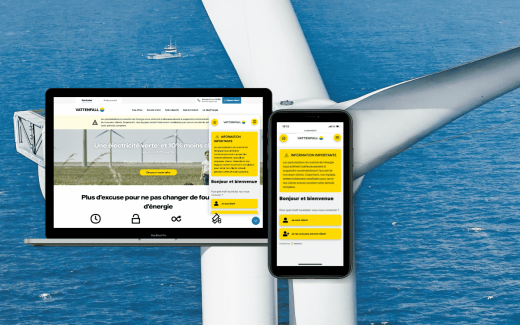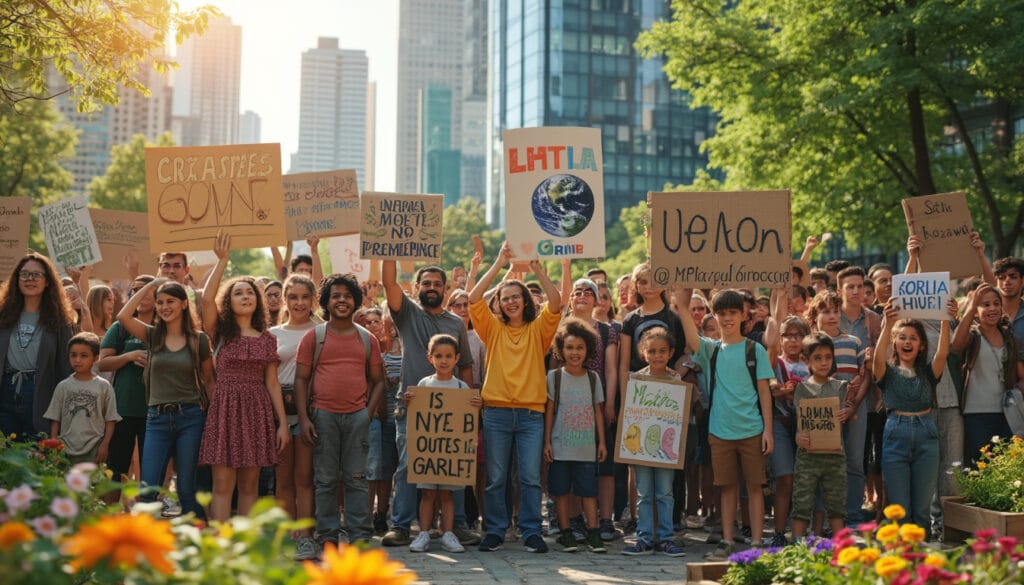At COP29 in Baku, Annika Ramsköld, Head of Sustainability at Vattenfall, expressed her optimism about the ability of companies to become crucial drivers of a fossil fuel-free future. She emphasizes the vital role of businesses as sources of inspiration for policymakers, even in an uncertain geopolitical context. For Ramsköld, industrial and national collaboration, as well as the adoption of innovative technologies, particularly through partnerships like Vattenfall’s for fossil-free steel, are key to promoting a fair and competitive energy transition.
At the COP29 in Baku, Annika Ramsköld, Head of Sustainability at Vattenfall, highlighted the essential role of businesses in the transition to a fossil fuel-free future. She described companies as key players in encouraging policymakers to move in this direction, even amid an uncertain geopolitical context. Taking the example of Vattenfall’s collaboration with Hybrit and SSAB to produce fossil-free steel, Annika emphasized the need to support disruptive technologies on a global scale through partnerships between industries and nations. She also stressed the importance of a just transition, integrating human rights and sustainability throughout the production chain. At the COP29, although challenges remain, inspiring progress has been observed, illustrating that the global transition is achievable.

vattenfall and the impact of businesses on the energy transition
At the heart of the recent COP29, Vattenfall illustrated the crucial importance of businesses in the global energy transition. According to Annika Ramsköld, Head of Sustainability at Vattenfall, companies are not only participants but key drivers towards a future without fossil fuels. She asserts that the voice of business is now essential for guiding policies, even amid an unstable geopolitical landscape. This integration of the private sector into the public debate provides a degree of stability in the face of political uncertainties.
innovation as the main lever
Innovation is presented as a fundamental lever by Vattenfall to achieve the goals set during discussions at COP29. By collaborating with partners such as SSAB and LKAB, the company is developing fossil-free steel using clean electricity and hydrogen. This technological innovation requires substantial support from policymakers and investors to expand globally. Furthermore, the coalition of early users, founded by Vattenfall, demonstrates how cross-sector collaboration can stimulate demand for low-carbon materials and innovative transportation methods.
One of the major challenges highlighted is the necessity to reduce obstacles to the energy transition, such as simplifying permitting processes and minimizing investment risks. Power purchase agreements (PPAs) with government support to manage credit risks are presented as a potential solution. Public acceptance of renewable infrastructures is also crucial, as it helps enhance decarbonization and create jobs. Green skills emerge as a priority, requiring reskilling and upskilling to prepare the current workforce for a low-carbon economy.
keeping pace and aiming for equity
Through its active participation in COP29, Vattenfall highlights the importance of keeping pace towards the energy transition while ensuring a fair and just approach that integrates human rights and sustainability at every step. Annika Ramsköld emphasized that despite inspiring progress, such as initiatives from Uzbekistan and the UK, it remains necessary to set carbon prices that truly reflect the cost of emissions and to eliminate subsidies for fossil fuels.
Articles similaires
Thank you!
We will contact you soon.














